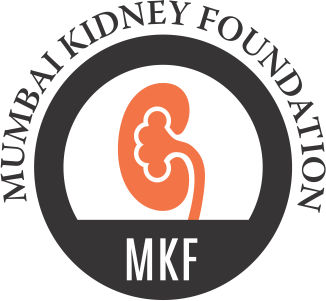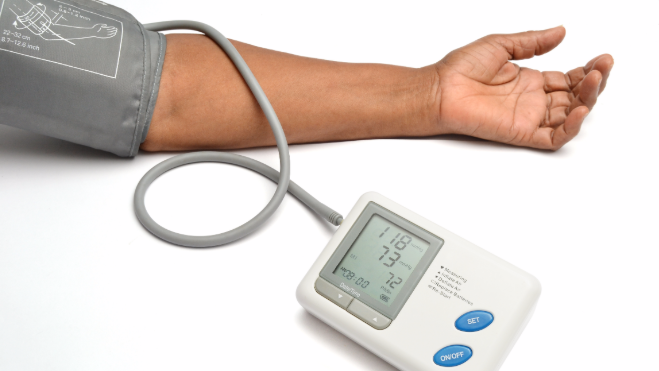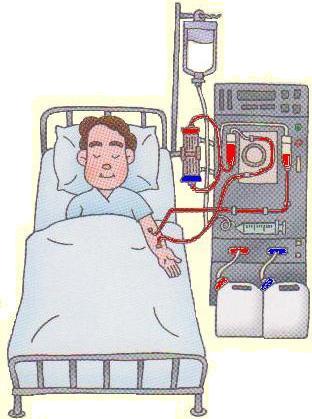Dietary management in peritoneal dialysis (PD)
Dietary management in peritoneal dialysis (PD)
Calories and proteins
Peritoneal dialysis (PD) is another form of dialysis that utilizes the abdomen to filter out waste products. In this type of dialysis, the membrane of the peritoneal cavity (situated in the abdomen) acts as a filter (i.e dialyser). Hence, here the filter is natural as compared to artificial filter in hemodialysis (HD).
Patients on PD need to modify their diet in order to suit the PD therapy. They need to include a high calorie and as well as high protein diet. As PD is usually performed daily as against HD which is performed only thrice a week; the cumulative loss of proteins is higher in PD. To know more about protein complimenting recipes, click here
Hence, patients are recommended a high protein diet and in absence of high amount of calories, proteins may be used up for gaining energy; hence to avoid this, sufficient calories are needed.
While a trained Renal Dietitian can design a diet chart for PD patients according to their parameters and food choices; it is important to note that PD diet is more liberal as compared to HD diet due to higher frequency at which metabolic wastes are flushed off from the body as compared to HD. To gain access to high protein recipes for individuals on peritoneal dialysis, click here
Fluid and salt
Restriction of fluid and salt depends upon the urinary output of patient, blood pressure and cardiac status. If the patient has a good urine output, strict fluid and salt restriction may not be required. If the patient has poor urine output, it may lead of fluid overload which may further lead to breathlessness, swelling and raised blood pressure; hence in such cases, fluid and salt intake may need to be restricted. One must always check with the respective Nephrologist about the amount of fluid and salt that is allowed for daily routine.
Potassium
Generally strict potassium restriction may not be required as PD is performed on daily basis and hence the waste products, including potassium do not pile up in the blood. However, potassium intake should be individualized based on patients lab parameters. Potassium rich sources like coconut, avla, soups, instant gravies/ packaged items. etc should be consumed with caution. Patients should avoid low sodium salts in order to avoid raised potassium level in the blood.
Phosphorus
Similar to dietary potassium, dietary phosphorus too may not require strict restriction unless its level exceeds beyond its normal range. As most of foods containing high amount of phosphorus contain high amount of proteins too, they cannot be excluded from diet of PD patients.
Vitamins and minerals
Vitamins, minerals and trace elements are micronutrients required by the body to help with normal metabolism, energy production, cell function and growth. Supplementation of both may be needed in order to overcome oxidative stress, inflammation, etc and also to meet its demands in case of poor dietary intake.
By-
Dr Rachana Jasani,
Renal Nutritionist,
PhD, RD






